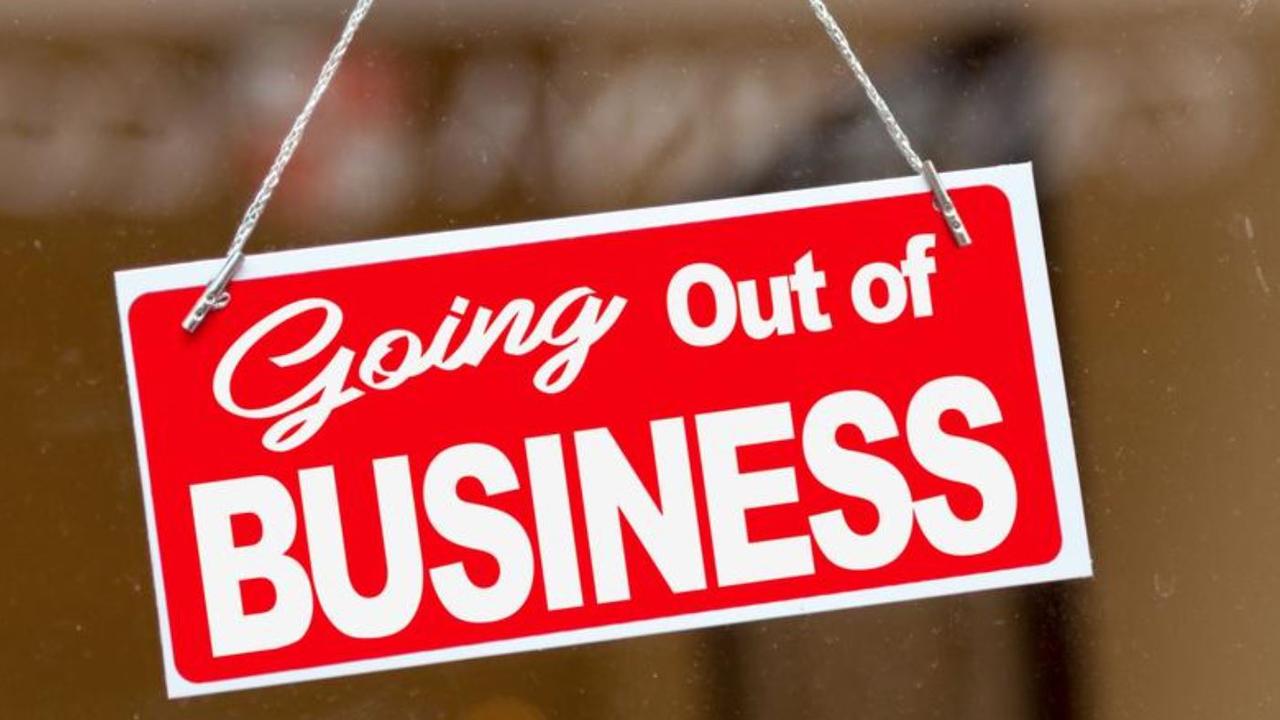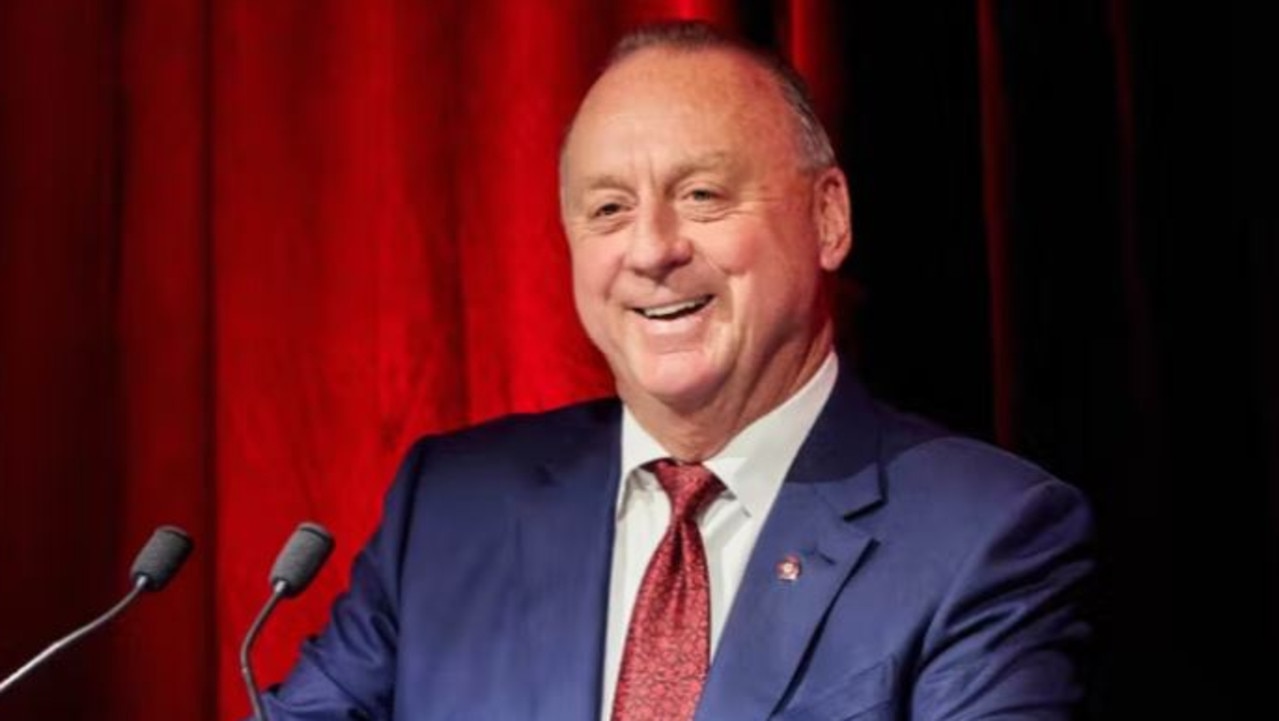Mecca’s $1bn empire under pressure as beauty influencers fall out of love with retailer
Mecca is a marketing machine that captured Australian women, but has it peaked? A rebellion among some once loyal customers suggest yes while others say it’s a brand worthy of devotion.
Business
Don't miss out on the headlines from Business. Followed categories will be added to My News.
It was down to the stroke of a brow pen.
For Jill Clark, a 26-year-old beauty enthusiast from Sydney, her patience with beauty retailer Mecca ran out with her $20 Mecca Max Brow Guru, a micro-tipped mechanical pencil that promises immaculate but natural looking arches. In a viral TikTok video, Clark tells her 200,000+ followers, she “religiously” bought the house-brand product, but it ran out after two weeks.
“I was like, what the f*** is going on here? I looked at the grams, (it was) 0.04 grams. That might not mean anything to you except for the fact that the industry standard is 0.08 grams,” the beauty influencer says.
Clark tells The Australian Mecca’s biggest edge is not ubiquity, range, freedom to experiment or store services being installed in its multi-storey emporiums like piercing. It’s simply a marketing machine that has Australian women captured.
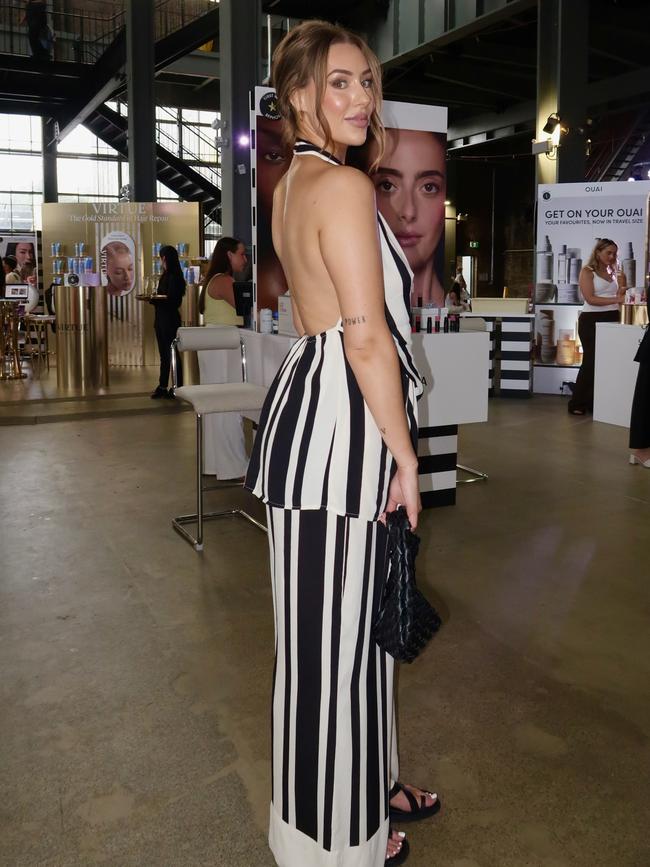
“It’s unfortunate that Sephora took so long to come to Australia, because that is what actually allowed Mecca to be able to flourish in the way that it has.
“It would be remiss of me to say that the marketing is not good, because it is. Their membership programs are absolutely backwards when you dive into it. But because the marketing so strong, people love it,” she says.
“It’s almost as though people don’t actually care to look behind the curtain, because they enjoy the pretty lie that’s being sold to them.”
Clark is not the only one scrutinising Mecca’s grip on the top shelves of shoppers.
Investment banker Alice Wells, whose focus is Australian skincare, fashion and wellness and who praises Mecca’s founder Jo Horgan and her business as one of the best beauty retailers in the world, tells The Australian that for ten years Mecca would not consider stocking Australian brands until Sephora launched locally.
And then there’s the internet, where criticism of Mecca’s loyalty perks, it’s brand exclusivity contracts, lack of promotions and inventory of expired products to populate the Boxing Day sale have seeded a glamorous rebellion among once loyal customers.
Has Mecca peaked? Perhaps.
The company has an extremely loyal customer base. Magic Circle members spend more than $10,000 annually, a secretive fifth-tier of its Beauty Loop scheme that incentivises shoppers to sustain their annual spending with sample boxes awarded quarterly.
Is Mecca for sale?
Horgan is thinking about selling her $1bn empire, according to a February report in The Australian’s DataRoom column.
Having first launched Mecca with a single shop in Melbourne’s South Yarra in 1997, the entrepreneur is in almost every Westfield mall in Australia and street fronts in wealthy suburbs like Sydney’s Double Bay and Brisbane’s Fortitude Valley.
Wells, the managing director of her boutique advisory firm Lempriere Wells, tells The Australian Mecca secured the best brands in the world and beat the department stores at their own game.
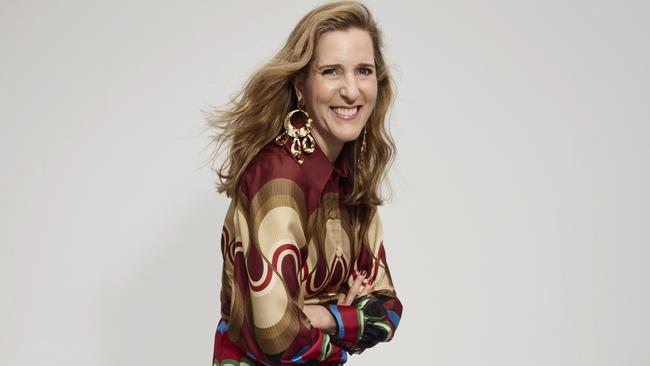
“The business was built off the back of five year, exclusive international distribution relationships.
“For a lot of brands, Australia isn’t a market the rest of the world is worried about. What happens is you get monopolies and duopolies in Australia – (it’s a) market that’s not interesting enough to anyone else.
“Department [stores] weren’t doing a great job of merchandising. She was able to secure the contracts. She secured everyone, and then there were no good brands to be sold through mainstream department stores.”
Wells is talking about household names in the beautyverse that were once novelties here, like NARS (owned by Shiseido), Charlotte Tilbury (controlled by Puig) and lately, Gen Z brands like Kylie Cosmetics (backed by Coty).
Mecca has the biggest market share in makeup in Australia, with 21.2 per cent, ahead of Sephora, which after opening in Australia in 2014 commands just under 5 per cent of the Australian cosmetics retailing market.
Sephora, even with the might of LVMH behind it, has not been able to grow here in the way that it has dominated every other market in the world, Ms Wells says.
“Then Sephora decided to take the angle of supporting Australian brands. Mecca is an excellent business. But my job has been to help Australian brands grow,” she says.
“They’ve had to go offshore, they’ve had to do direct-to-consumer (DTC).”
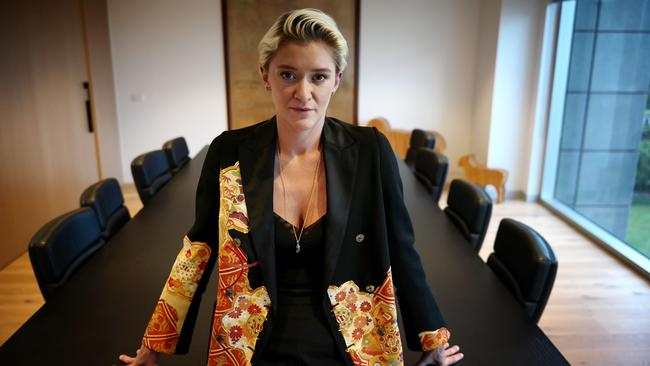
Now, Horgan’s Mecca is “coming back around to thinking about and occasionally supporting Australian brands”, Ms Wells observes.
“I’m glad she is finally doing it. Australian brands have had to go to Chemist Warehouse, Priceline, which has not helped them from a positioning perspective.
“We have great Australian brands, we don’t need to spend a fortune on fancy international brands. Australian brands should be much more represented in Mecca, and everywhere.”
A Mecca spokeswoman told The Australian: “we stock a whole bunch of Australian brands” citing Zoe Foster-Blake’s Go-To, Frank Body and Naked Sundays.
“If you go back to when Mecca was started, it was about trying to bring an offer, a really curated offer of the best in global beauty to an Australian consumer,” Mecca’s spokeswoman continues.
“The way that we did that was by being able to offer those brands that were not based here a way of being able to build and grow in a new market without having to go through the significant investment that obviously that entails.”
With cost-of-living widely considered the biggest issue for Australians ahead of the 2025 federal election, Ms Wells reflects that the economic climate “isn’t great” and Mecca “probably need to respond to the market being soft”.
“I would be careful around the prestige of Mecca, does it really matter anymore? For me, no, because I live in the world. But a Mecca present is a great present. It comes in a box, gift cards, it’s beautifully done,” she says, with a nod to its iconic pink packaging.

But with the competition regulator circling big businesses over accurate pricing claims and supplier deals, it’s hard to imagine Mecca’s signature brands could escape the Australian Competition and Consumer Commission’s scrutiny forever.
Australia is a difficult market: small with few players, Ms Wells says.
She highlights how the supermarket duopoly is analogous to Mecca: “Coles and Woolworths – we might feel negatively about them, but if we didn’t have them we wouldn’t have purchasing at scale. They have excellent quality control, they have excellent logistics, we have some of the best produce in the world,” she says.
“You could argue that if Mecca didn’t exist, those beautiful brands wouldn’t have bothered to come to Australia. It’s almost certain that there would be some brands that we wouldn’t have because there wasn’t a good enough retailer to represent them.”
So much so that she is curious why Mecca does not invest in brands with its proprietary capital, outside of its namesake product line.
“It’s such a profitable business, it would make sense to have a separate division or a fund that was investing in brands. (Horgan) sees trends, she sees customer behaviour,” she says.
“She could help build amazing brands and there is not a huge amount of capital in Australia for makeup brands.”
The Mecca spokeswoman said: “We aren’t a VC. We’re just a retailer.”
Asked if a float was in the company’s future, the spokeswoman said: “that is not something that we are thinking about”, also disputing the widespread reporting that Horgan is contemplating an exit.
The power of beauty influencer Jill Clark
Influencer Clark tells The Australian she was an avid lover of beauty before she made a career out of it. Her niche on social media is “beauty content for consumers as a consumer”.
Now, with her platform, Clark – who works full time in corporate account management – says she aims to analyse beauty retailers and brands “in a way I would not have otherwise vocalised”.
Reflecting on the brow pencil Tiktok that went viral, “It was just one day that I realised, ‘wow, this is running out very quickly’,” she says.
“And that’s really where this started for me, comparing (products) to what I would have previously viewed as more expensive, or the higher end products, and realising, well, no, actually, that cost per gram is exactly the same.”
Clark busted the company’s 50c face campaign by concluding that based on its recommended usage, some Mecca Max products could not feasibly achieve a “full face” by their expiry dates. The campaign was Mecca’s apparent marketing answer to the discretionary spending downturn that threatens purveyors of $72 lipsticks (Chantecaille lip chic) and $77 setting powders (Laura Mercier translucent loose).
“It’s disappointing to see a retailer, a behemoth retailer … this is my opinion, attempting to pull the wool over the eyes of consumers,” she says.
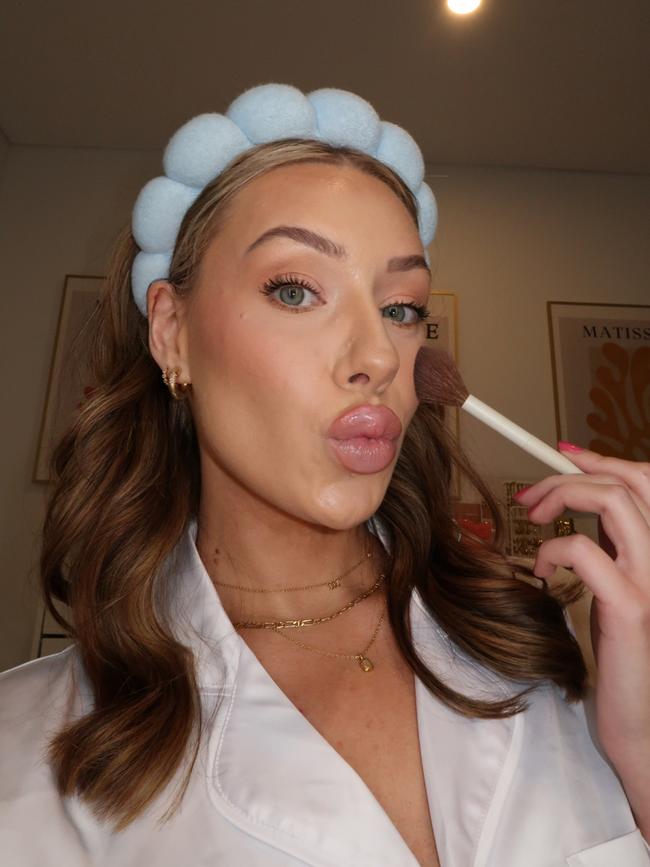
“I think it’s very clear that there was not enough research that was put into that campaign. I think the overriding sentiment from people (in response to the video) is that it’s disappointing, especially in the current cost of living crisis.”
Mecca spokeswoman said the company stands by its campaign and customers may conflate expiry dates and recommended product lifespans. “It’s a period after opening day … exact usage amounts vary,” she says.
Asked why Clark felt compelled to critique Mecca, she says “transparency has never been the beauty industry’s biggest strength”.
“Let’s be honest. When it comes to ingredients, when it comes to marketing, greenwashing, all of that sort of stuff, there’s very low amounts of transparency across pretty much every brand that exists within the market,” she says.
“But to see an Australian-owned, female-founded behemoth of a beauty retailer take this path – I think that’s what’s disappointing.”
Mecca’s ‘biggest’ scam: beauty loop
A former staff member recalls her excitement at scoring a job on the retail floor.
But her experience was not what she hoped. She described experiences with management that included being asked to conceal a break-out on her face while she was at work, insufficient training despite achieving solid sales results, and being pulled aside by management who she felt judged her “character”. The woman declined to be identified because the Mecca code of conduct forbids employees from speaking to media.
“It’s like walking on glass shards constantly but being told to smile with a Mecca-own lipstick,” she says.
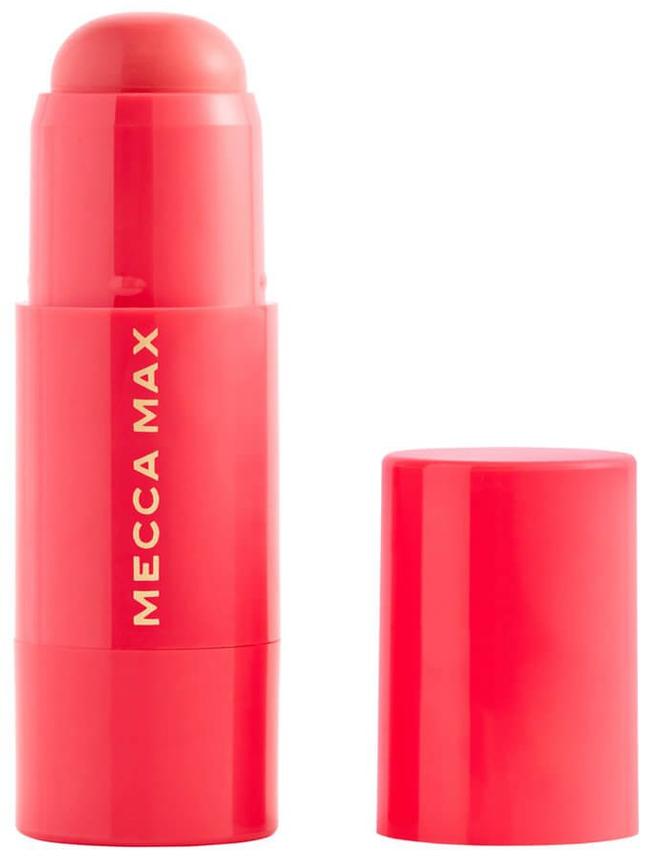
The ex-staff member says she does not purchase from the company any longer.
“One thing that they do to really get you is the beauty loop boxes. This thing is one of the biggest scams.”
She says brands are invited to bid to participate in the beauty loop award, created at four different levels based on annual spending plus the invite only “magic circle”.
“You’re not getting a curated box of products we love, you’re getting a curated boxes of items that companies have paid to be put in there,” she says.
Customers are allowed to ask for samples of products, anyway.
According to one version of the Mecca code of conduct, seen by The Australian, staff are not allowed to post information that “compares our brands or products against each other, or post negatively about the brands or products we sell”.
Boycotting Mecca: ‘A wakeup call’
Before Samara Divulgence boycotted Mecca, she rose through the “beauty loop” ranks to achieve level three status. Achieving this means spending between $1200 and $3500, and Divulgence, who tells The Australian she is a lover of makeup, recalls a time in 2019 when she was at risk of being demoted to level two.
“I was going to lose my level three status at Mecca. I think it was the end of 2019, so just pre-pandemic, and I needed to spend … $150 or something like that,” she says.
“I went into Mecca at Myer. I was just trying to find something to meet that minimum. And I said to myself, ‘why in the hell are you doing this?’ You’re buying stuff you don’t need to maintain a status in a club in which you reap no benefits.”
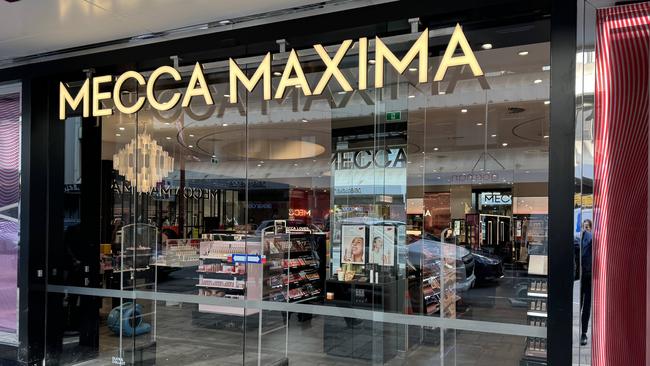
She bought a fragrance she subsequently didn’t even like that much.
“It was a wakeup call.”
As a career musician, Ms Divulgence loves bright colours and uses makeup as a creative outlet.
“I’ve spent God only knows how much money over the years on cosmetic and beauty products. It’s just been like a huge investment for me in my creativity.
“Given the choice, you know, would you like to go clothing shopping or makeup shopping? I would choose makeup shopping.”
Her Mecca boycott has proved logistically challenging. There are some brands she has purchased from the giant because she can’t get them elsewhere – such as Kevin Aucoin products known for their perfected look in film and photography.
Referring to other brands like NARS and Too Faced, she says: “I don’t use these brands now.”
Ms Divulgence echoes a persistent complaint among devotees who rue Mecca’s lack of promotions and insistence on exclusivity deals.
“I had a skincare routine that was like $1000 all up, and it took me so long to snap out of this shit, because it’s like I was in a vortex,” she says.
“I felt so elitist in my bathroom, putting on these ridiculous products, and now I’m using, you know, my Asian skincare where every product costs a maximum of $30 and has a superior formulation and superior research into those ingredients.
“I just think, f*** this f***ing company... Look at how much money they squeeze out of me, my hard earned money.”
Mecca’s spokeswoman says the company’s purchase agreements are confidential, and that many new options are becoming available to consumers at various price points and models.
“We’re effectively saving the brand the investment and expense of having [a vendor’s] own brand office in Australia. So many of our brands are US based, European based, Asian based, we invest in building their brand locally, and in return for that investment, we ask for exclusivity in this market,” she says.
How to get into the magic circle
For many customers, it’s all worth it.
One is Sydney-based Diya Ahluwalia, who was invited to join the exclusive “Magic Circle” in October last year.
It’s not publicly known how much per year members need to spend, but 29-year-old Ms Ahluwalia estimates she spends about $15,000 annually. This includes perfumes, some of which can cost up to $800.
“I’m an avid lover of Mecca. And I just think that, again, it’s a luxury to be spending this money.”
A benefit of being part of the Magic Circle is that members get a concierge service, someone who can be contacted during the week about sourcing products and arranging for them to be posted.
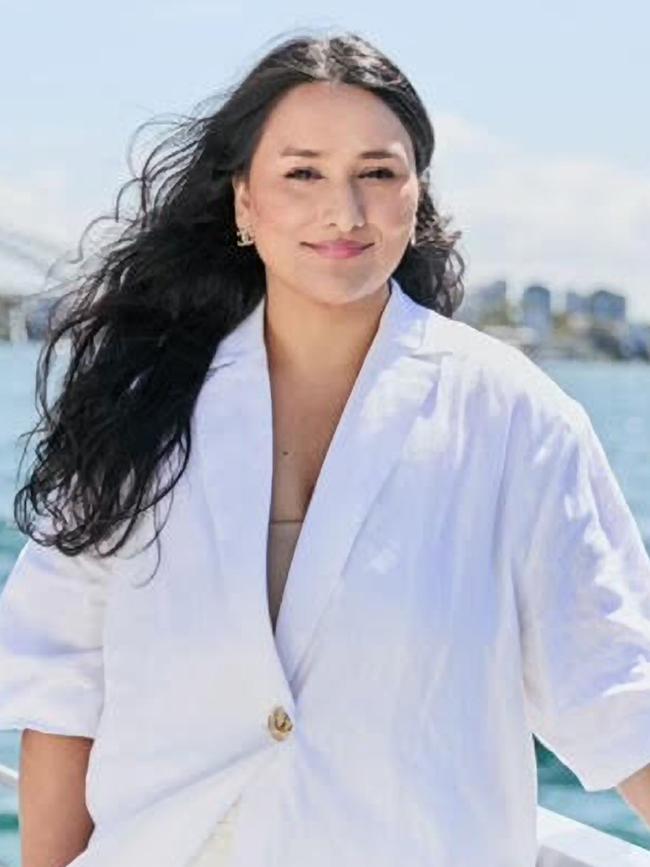
Also, there is access to pre-launch items and events.
“I totally understand this economy and the cost of living crisis, and I think that there’s a price point for everyone when it comes to purchasing these sorts of goods,” she says.
“I think Mecca has a really great price point for everyone.
“To be honest, I think if I was to go purchase these goods outside of Mecca and outside of Australia, it would still cost around the same amount to get it shipped over here.”
The Australian interviewed a second Magic Circle member, Meredith, who is a foundation member of the program and was contacted about it in September 2022.
“They rang me personally,” she recalls, declining to provide her surname. “We’re looking for consumer engagement, we’re looking for suggestions, if you’ve got ideas around brands that are available overseas… I was all for that, because I have a love of makeup and I love brands from overseas that we don’t have here.”
She knows of at least three people in the concierge team, who work out of Melbourne.
There is a lot of speculation about whether or not influencers and content creators are key criteria.
Meredith says she was just starting out on YouTube when Mecca called. Now, she has more than 17,000 followers on her channel “Living Lux with Meredith”. She has a further 9000 on TikTok.
Meredith estimates she purchases at least $10,000, but the app stops recording annual spend at a point.
“To be perfectly frank and honest, it makes no difference to me that they are Mecca. I am not drawn to Mecca. I am drawn to the brands which they stock,” she says. “You see very few brands that license to both. So I would absolutely spend the same amount of money in Sephora.”
Asked to reflect on the online criticism of Mecca, Meredith says: “There is also something to be said for the licensing that does happen within Australia.
“So if you are tied to certain brands, you are hamstrung by where you’re going to get them from. And people lament Sephora all the time because you walk in there and they don’t have enough stock,” she says, echoing a frequent complaint about Sephora’s in-store inventory.
In the language of the beauty community, Mecca might be getting tired but its business model is snatched.
More Coverage
Originally published as Mecca’s $1bn empire under pressure as beauty influencers fall out of love with retailer




